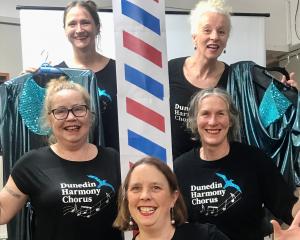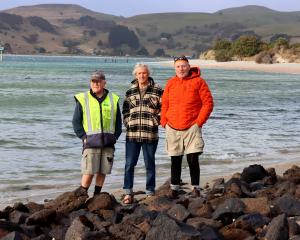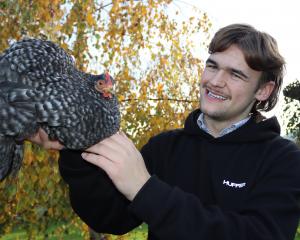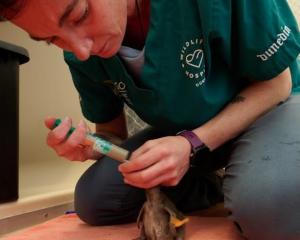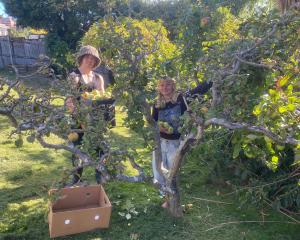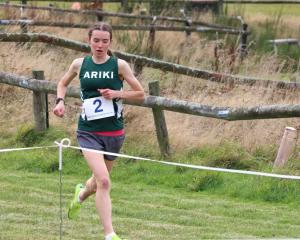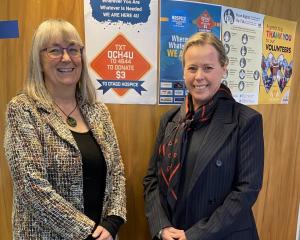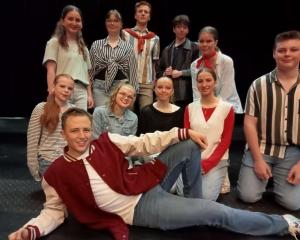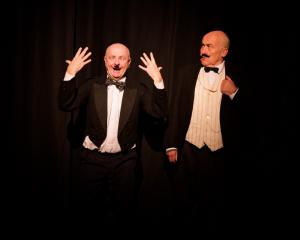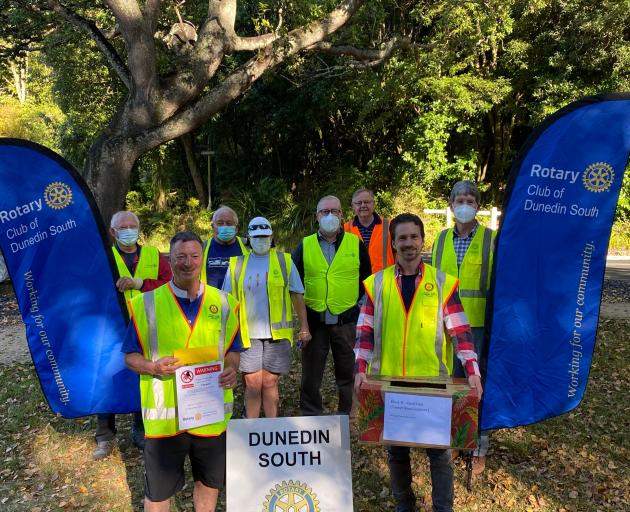
About 60 members of seven Dunedin Rotary Clubs and their families spent Sunday morning fixing special wasp-bait stations to trees in the Town Belt as part of an ongoing wasp eradication project.
Co-ordinated by Dunedin South Rotary members Robert Gale and Ricky Cockerill, the project aims to cut wasp numbers in the Town Belt, Southern Cemetery, and Ross Creek.
After a successful pilot in 2021, the project has received funding for materials and equipment from Dunedin City Council, and the Rotarians have placed place 285 wasp-bait stations as a community project.
On Sunday, Mr Gale and Mr Cockerill divided the Rotarians into teams of four, which fanned out in the Town Belt to attach weatherproof stations, containing protein-based bait only attractive to wasps, to tree trunks.
Mr Gale said the bait stations would remain in place for a week, and then be removed.
"We know that this bait is safe and effective, with a 98% kill rate among wasps, and that it is not attractive to other species," he said.
Wasps were a growing problem in Dunedin, as they were throughout New Zealand, and the Town Belt was "teeming with them".
"It doesn’t take wasps long to get out of control, which is why we are keen to tackle this important project," he said.
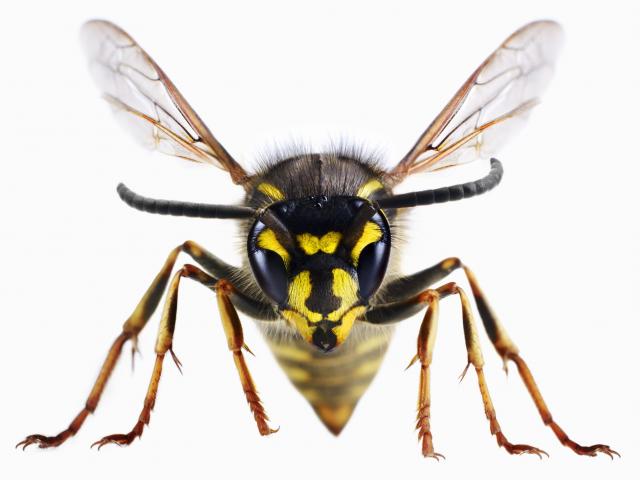
"We are very excited to have the opportunity to significantly reduce the number of these pests who cause significant environmental and economic harm, and can really make a picnic unpleasant," he said.
In the North Island, introduced wasps cause $130 million in economic damage each year, accounting for 10% of lost hives among beekeepers.
No economic studies have been done in South Island.
There are several types of native wasps, which do not cause the same problems as introduced species.
Mr Cockerill said the wasp eradication project had received enthusiastic support from local Rotary clubs, and had grown into a large scale community project.
Rotary Dunedin South president Moray McKenzie said the project was "fantastic" and the support it had received was a tribute to the efforts of Mr Gale and Mr Cockerill.
Dunedin City Council Shared Volunteer Projects Facilitator Mel Lawless said the project was great for the economy and beneficial for local flora and fauna.
"We look forward to seeing the outcomes and hope that this is the beginning of an ongoing long-term project," she said.



